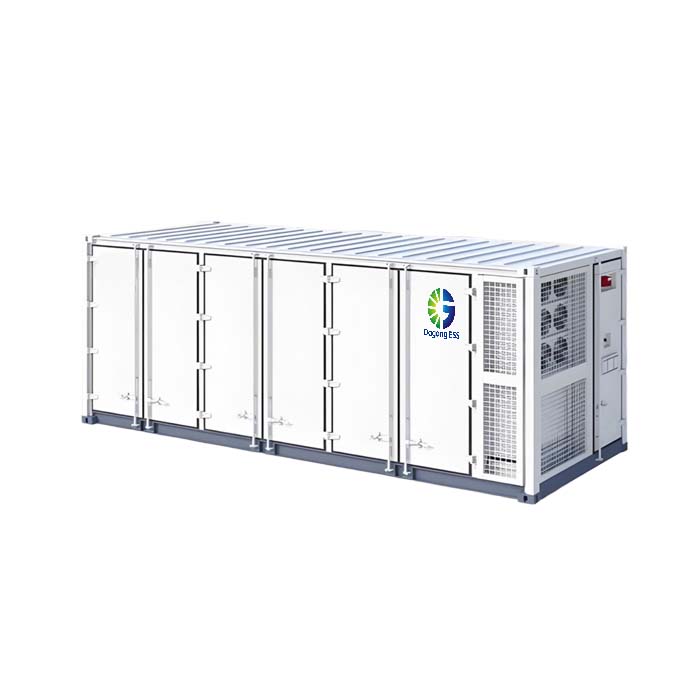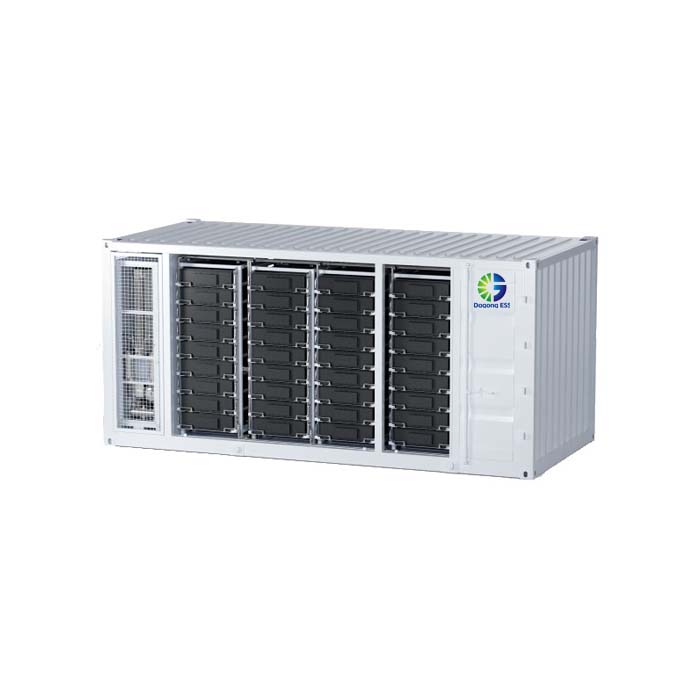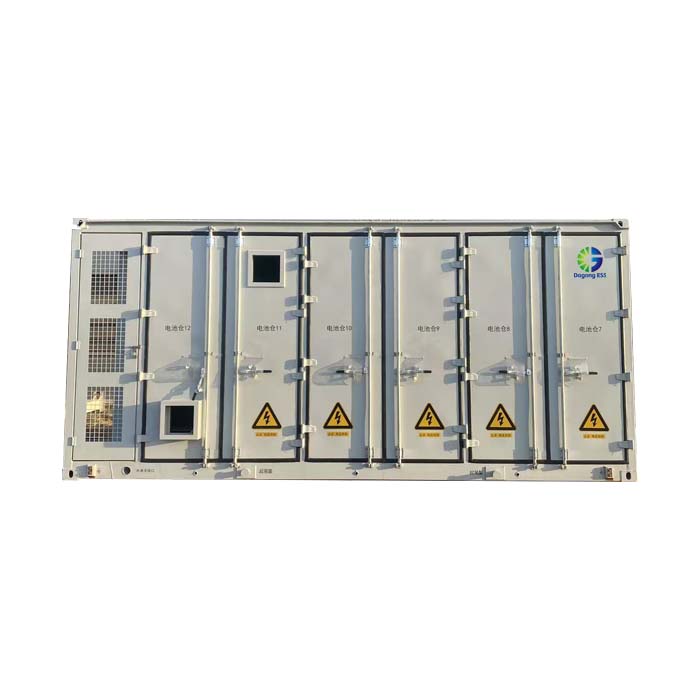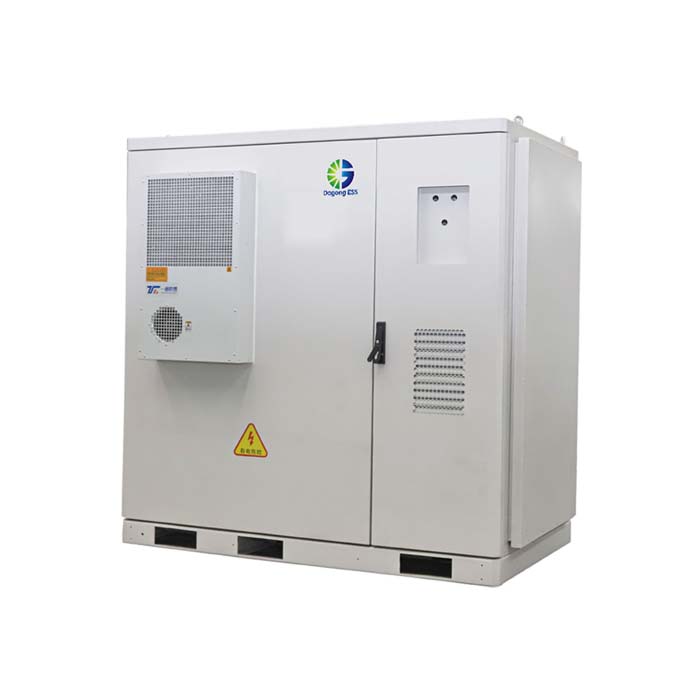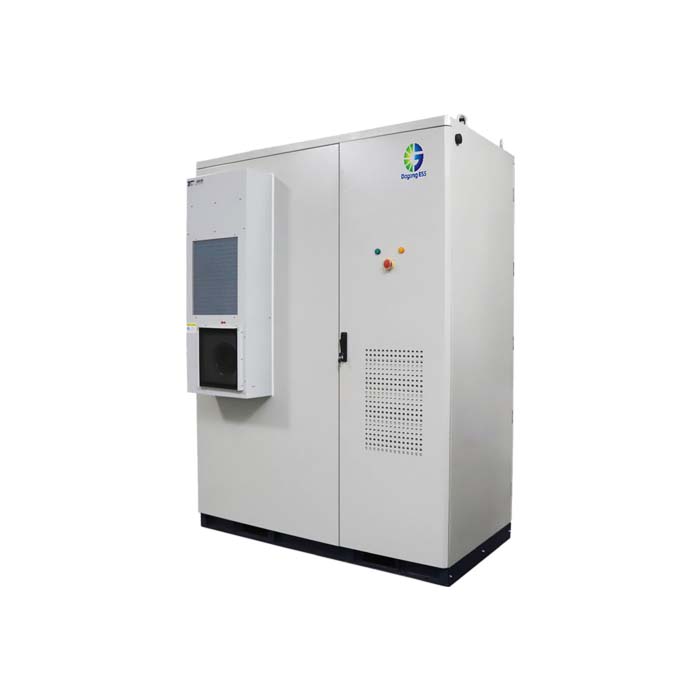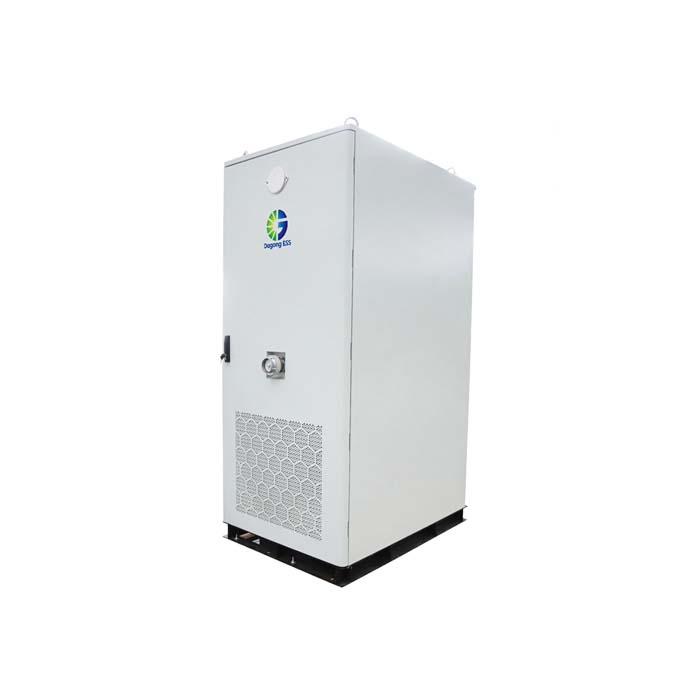What is Battery Energy Storage System (BESS)?
What is Battery Energy Storage System (BESS)?
A Battery Energy Storage System (BESS) is a technology that stores electrical energy in batteries and releases it when needed. It helps balance electricity supply and demand, enhances grid stability, and supports the integration of renewable energy sources like solar and wind. BESS plays a key role in modern energy systems and carbon neutrality efforts.
Types of Battery Energy Storage Systems
By Battery Chemistry
LFP (Lithium Iron Phosphate): High safety, long life, ideal for home and commercial use.
NMC (Nickel Manganese Cobalt): Higher energy density, often used in EVs and grid-scale systems.
By Cooling Method
Air-Cooled BESS: Cost-effective, suitable for standard environments.
Liquid-Cooled BESS: Better heat dissipation, suitable for high-capacity or hot climates.
By Installation Type
Cabinet Type: Compact, modular design for commercial and industrial users.
Containerized System: Larger scale (e.g., 100kWh to MWh+), ideal for utility or grid-side applications.
Features of Battery Energy Storage Systems
Battery Packs: The energy storage core, typically using LFP or NMC cells.
Battery Management System (BMS): Monitors voltage, temperature, and safety.
Power Conversion System (PCS): Converts between AC and DC power.
Energy Management System (EMS): Optimizes charging/discharging strategies.
Thermal Management: Ensures safe operation via air or liquid cooling.
Fire Protection: Integrated fire detection and suppression systems.
Modular Design: Flexible capacity from 5kWh to 215kWh or more.
Applications of BESS
Renewable Energy Integration: Store excess solar/wind energy for use when generation is low.
Peak Shaving: Use stored energy during high-tariff hours to reduce electricity bills.
Backup Power: Ensure reliable power during outages for factories, offices, or homes.
Microgrids: Enable energy independence for remote or island communities.
Grid Services: Frequency regulation, load shifting, and voltage support for utility providers.
Price of Battery Energy Storage System
The price of the Battery Energy Storage System(BESS) is based on EXW (Ex Works) terms and may vary depending on the supplier, quantity, and market conditions.You may need to request a quote from a reputable energy storage system supplier to get the most accurate pricing. Please note that the final costs may vary based on fluctuations in raw material prices and exchange rates.
How to Select BESS for Your Project?
To choose the right BESS, consider:
Energy Needs: Daily consumption and peak power demand.
Application Type: Backup, peak shaving, off-grid, or renewable integration.
Battery Chemistry: LFP for safety and long life; NMC for high energy density.
Cooling Method: Liquid-cooled for large systems or hot climates.
Certifications: UL, CE, UN38.3, etc., depending on the market.
Budget & ROI: Evaluate long-term savings and payback period.
How Long Does a BESS Last?
Cycle Life: Most LFP-based systems support 4,000 to 6,000+ cycles, which equals about 10–15 years depending on usage.
Warranty: Typically 5 to 10 years, depending on the manufacturer.
Degradation: Over time, the usable capacity may reduce by 10–20%.
The Supplier of Battery Energy Storage Systems
Dagong ESS is a professional manufacturer of customized battery energy storage systems. Products range from:
Household ESS (5–80kWh)
Commercial & Industrial ESS Cabinets (100–215kWh)
Utility-Scale Containerized BESS (1MWh+)
If you are looking for Battery Energy Storage System(BESS) with hybrid inverter for solar & grid or want to know more about the technical information, please feel free to contact Dagong ESS(Dagong New Energy) .


